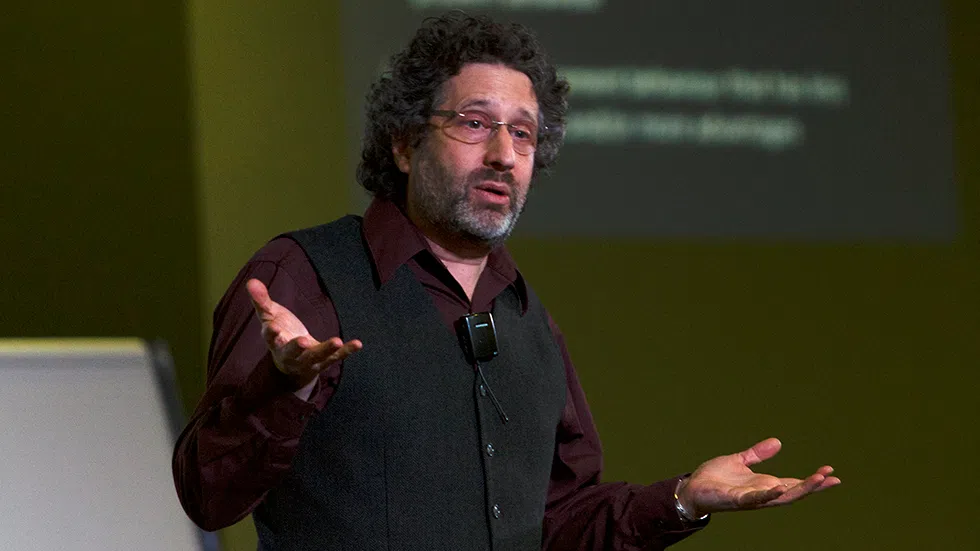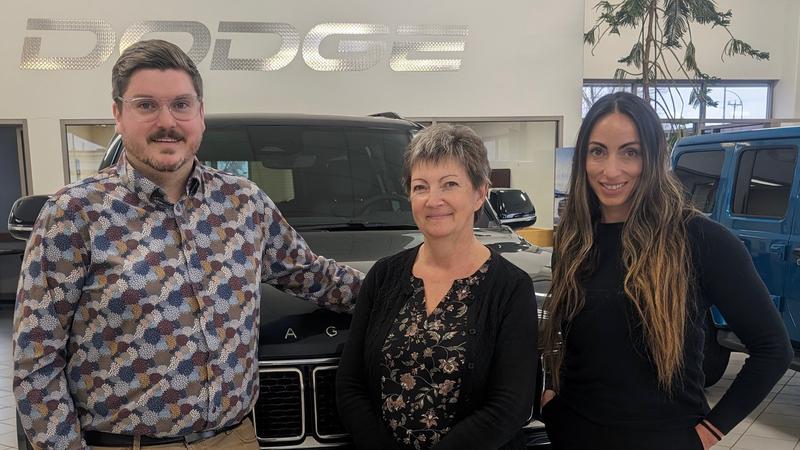
Bringing the medicine back to communities
Two days of discussing a taboo subject have concluded; now it’s time to implement and discuss strategies to prevent suicide in Indigenous communities.
People from across Saskatchewan gathered at Plaza 88, Dec. 5 and 6, to listen to Dr. Darien Thira speak about suicide prevention. Now, they will return to their communities to begin to apply what they’ve learned during their stay in Prince Albert.
Annie Joseyounen, Hatchet Lake’s health director called the event an eye opener.
“This conference that I attended, it gives me a different view at the issues we do have at home. When I do get home, I will share the information and help them to better understand that there is all these solutions or issues that we do have,” Joseyounen said. “But we can work with the people that have the issues.”


